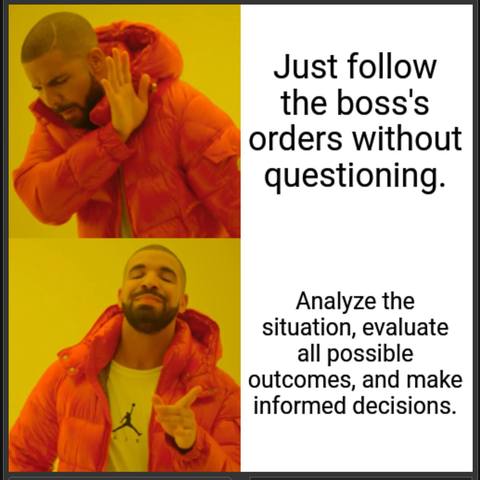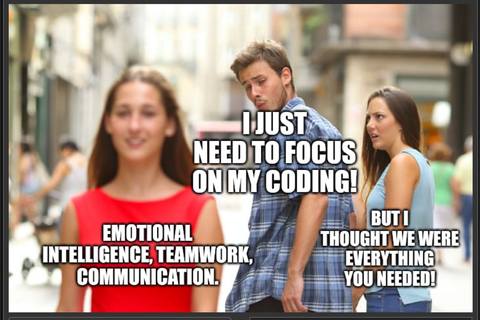In the fast-evolving landscape of Silicon Valley, the ability to think critically is invaluable, particularly for non-American tech professionals who must often navigate additional cultural and business complexities. This article delves into the critical thinking strategies that can help non-American entrepreneurs make sound decisions amidst the unique challenges they face.
Understanding the Value of Critical Thinking
Critical thinking is more than just a cognitive skill; it is a necessary tool for analyzing information, questioning the status quo, and foreseeing potential issues before they arise. For non-American tech professionals, who might encounter diverse business practices and decision-making processes, critical thinking can be the key to understanding and integrating into the Silicon Valley ecosystem effectively.
Techniques to Enhance Critical Thinking
- Question Assumptions – Challenge the norms of Silicon Valley, which may differ significantly from those in your home country. Questioning why things are done a certain way can reveal new opportunities for innovation and improvement.
2. Gather Diverse Perspectives – Encourage input from a diverse team. Different cultural backgrounds can bring unique insights that enhance the decision-making process, crucial for non-American professionals seeking to add value in a new environment.
3. Analyze Potential Outcomes – Consider all possible outcomes of a decision to better prepare for future challenges. This involves looking beyond the immediate effects to understand the long-term implications of business decisions.
Applying Critical Thinking in Real Situations
Share personal anecdotes where critical thinking has directly impacted your business outcomes. Perhaps a situation where initially overlooked details surfaced through deeper analysis, or how considering feedback from diverse team members led to a breakthrough in a project.
Fostering a Culture of Critical Thinking
Building a company culture that values and encourages critical thinking is vital. This can be fostered through regular training sessions, workshops, and by creating an open environment where questioning and deep thinking are encouraged.
Conclusion
For non-American entrepreneurs in Silicon Valley, mastering critical thinking is not merely an academic exercise but a practical necessity. It enables better integration into the tech community, fosters innovation, and enhances the ability to make informed decisions amidst the complexities of a multicultural business landscape.


